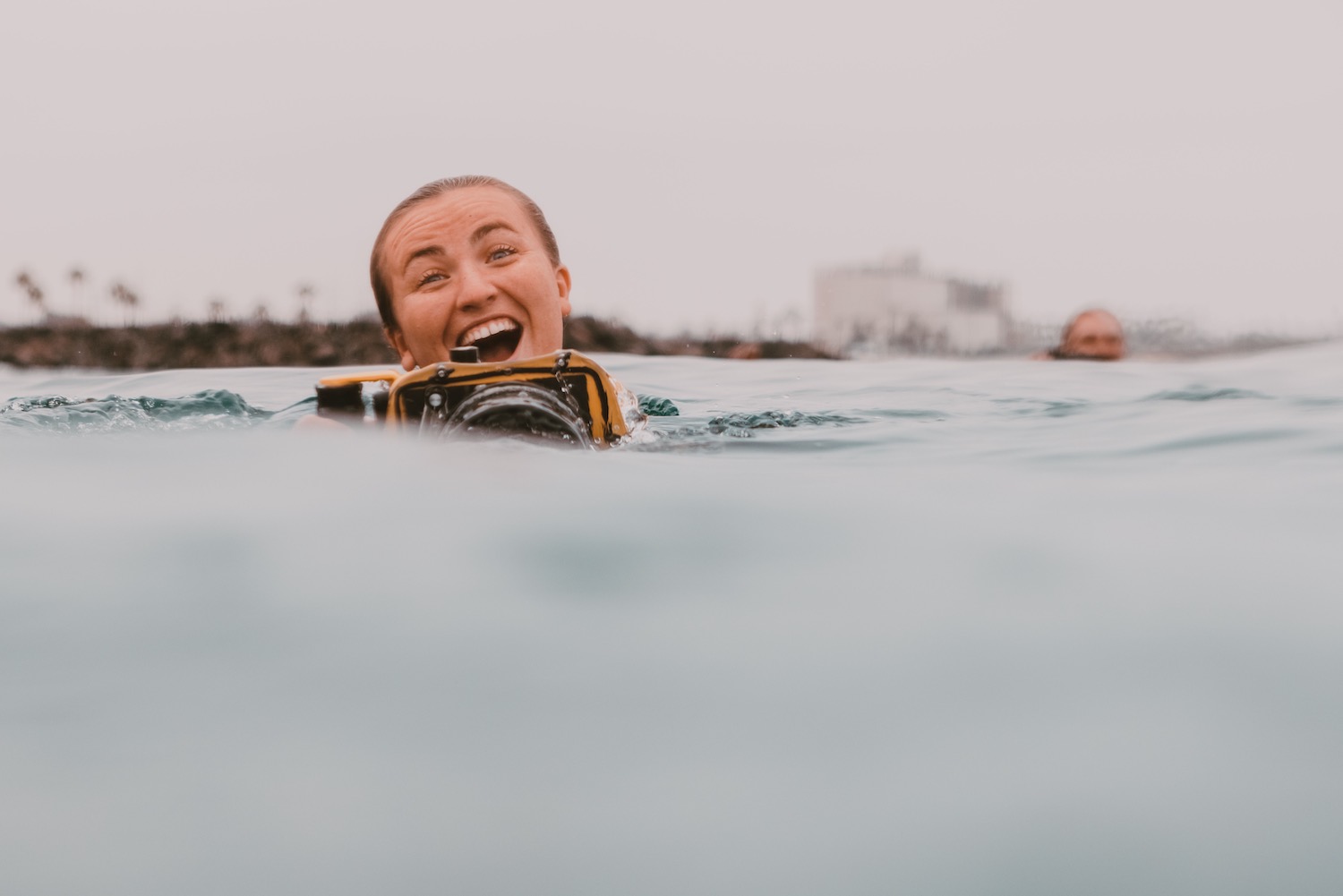
Hannah Walsh may say it’s all quite serendipitous, but the secret to achieving a career of your dreams really just happens when you’re driven and confident enough to go for it. The young documentary filmmaker is paving her way through the surfing world with a multitude of short films. Her most notable film, Skin Swimmer, was selected to screen at the Mountainfilm Festival in Telluride last year. Other projects of hers have been selected to screen at events like the Surfalorus Film Festival, Maine Outdoor Film Festival, Women’s Surf Film Festival and more. By taking an untraditional route, Hannah’s been opening doors that are kicking off her illustrious career in film. Her trick to it all? A combination of manifestation, desire to learn, ability to take chances and not being afraid to fail. Working with companies like Carve Designs, Changing Tides and Sierra Nevada, Hannah Walsh is one to keep an eye on. I called her up to talk about her unconventional path, upcoming projects, what she hopes to see in the surf industry on and off screen and more.
TGR: When people were asking me who I was talking to and how you got to where you are now, my only answer was that I just think she really went for it. Your story is so great because it shows people there’s more than just one way to do things. How did you do it and get to where you are now?
Hannah: When I took time off after my first year at University, I got hired as an in-water cinematographer for a documentary called the Bodhi Wave, being filmed in Costa Rica. It was all about B Corporations, like 1% For the Planet. The whole thing focused on Bodhi Surf and Yoga and aimed to answer the question of how to use your business as a force for good. I don't know how I got it. I had no experience under my belt except for some water experience with GoPros. I faked it ‘til I made it. Once they hired me, I flooded a camera, ended up being their drone pilot and crashed two drones, but learned so much. After, I was hired on as Bodhi Surf and Yoga’s main content creator. I was there for four years, and during that time I reached back out to the University program and requested to do everything online. I did my whole undergrad all working full-time at Bodhi. I was up every night until three in the morning doing school assignments.
TGR: What was it like, throwing yourself into this craft and job market with the little experience you had?
Hannah: You have to take risks and others have to take risks on you. There’s something to be said about having a certain degree or certificate, but having experience under your belt is also valuable. I think you need to know what you want to study before committing to school, especially if it means coming out of it in debt. One of the most valuable things I learned at school was time management. I do a lot of remote work now editing and filming, so it’s taught me to be like a really good communicator. You will always be a student if you’re doing things right. When I was at Bodhi, I was mostly self-taught. Ultimately, I was tired of googling everything, so I just finished a one year documentary filmmaking program in North Vancouver where I learned a ton.
TGR: You live in Vancouver now, did you relocate there because of the program?
Hannah: I met my partner, Emma, at Bodhi and we were ready to take the next step. I needed somewhere where I could grow more in my career. I graduated from the documentary program here in the Spring of ‘22 and then got a job with Flyover Canada on their production team. I’m still editing and directing three other films this year.
TGR: With these projects you’ve done, is it a one person show or do you have a team with all of them? How have your past films come to be?
Hannah: They're all different. With Mother’s Purpose with Carve, they wanted me as the cinematographer, director and producer, which was a little stressful. I was in school when I got offered the project. I was the class president of my program and wanted to be a good student, but also wanted to jump on this opportunity. So I just made it happen. It took three months to edit and it resulted in a 17 minute film.
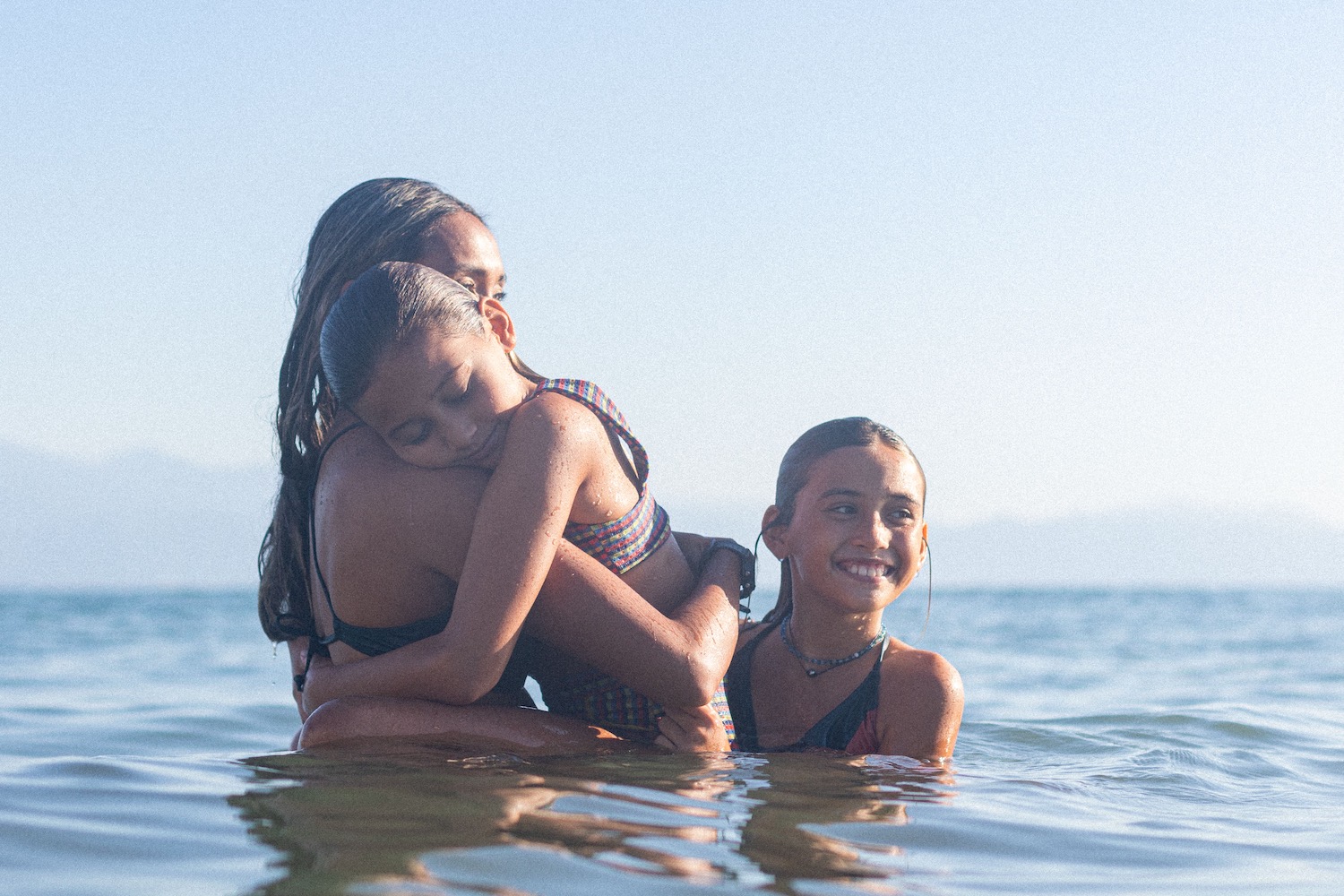
TGR: That was a fantastic film. How did you meet Jen from Carve and then also connect with Changing Tides?
Hannah: It was all pretty serendipitous. The woman who owns Bodhi became one of my best friends. She knew someone named Emmy who owns and runs a nonprofit in Peru called Beyond the Surface, and they work closely with Changing Tides. Emmy invited us to do some in water cinematography for their project and Changing Tides was there to facilitate it.
We all ended up all becoming really good friends there. When I got my study permit to move to Vancouver, Canada denied me from the border. I called Becky, who is the Co-Founder of Changing Tides to catch up, and she told me to stop by in San Diego. I stayed there for two weeks and did a project for them and Sierra Nevada. I did some free work for professional surfers just to connect with them. Danielle Lyons, who was a pro-surfer I worked with there, ended up giving Jen at Carve Designs my contact. So everything really came from doing a free job for someone, which led to more opportunities.
TGR: If somebody came up to you and was like, “Hey, I really want to do what you’re doing,” what would you tell them in terms of free opportunities versus paid work?
Hannah: I’ve worked jobs where I was underpaid and overworked. Leaving those jobs led me to a lot of freelance work, which was sometimes horrible. When I got to Vancouver, I had a bad experience with a production company. I did a whole project for them and then they're like, “Yeah, we ran out of budget so this is all we have left.”
After that, I came up with a good system of contracts, how to not do work for cheap and started asking people what their budgets were instead of throwing out invoices. Once I started working with Carve, they were amazing. They were like, “Here's the budget, send us all the invoices, any work you do you will always get paid.” It was a great experience.
If you have to, do a little bit of free work early on when all you want to do is learn. Once you get experience under your belt and know how to operate cameras and edit and you're using your own equipment, which costs money, don't do free work because you're ultimately putting wear and tear on your gear. Being a filmmaker or a photographer is not cheap. Know your worth and don’t settle. Businesses need to invest in creatives and artists ultimately need to get paid.
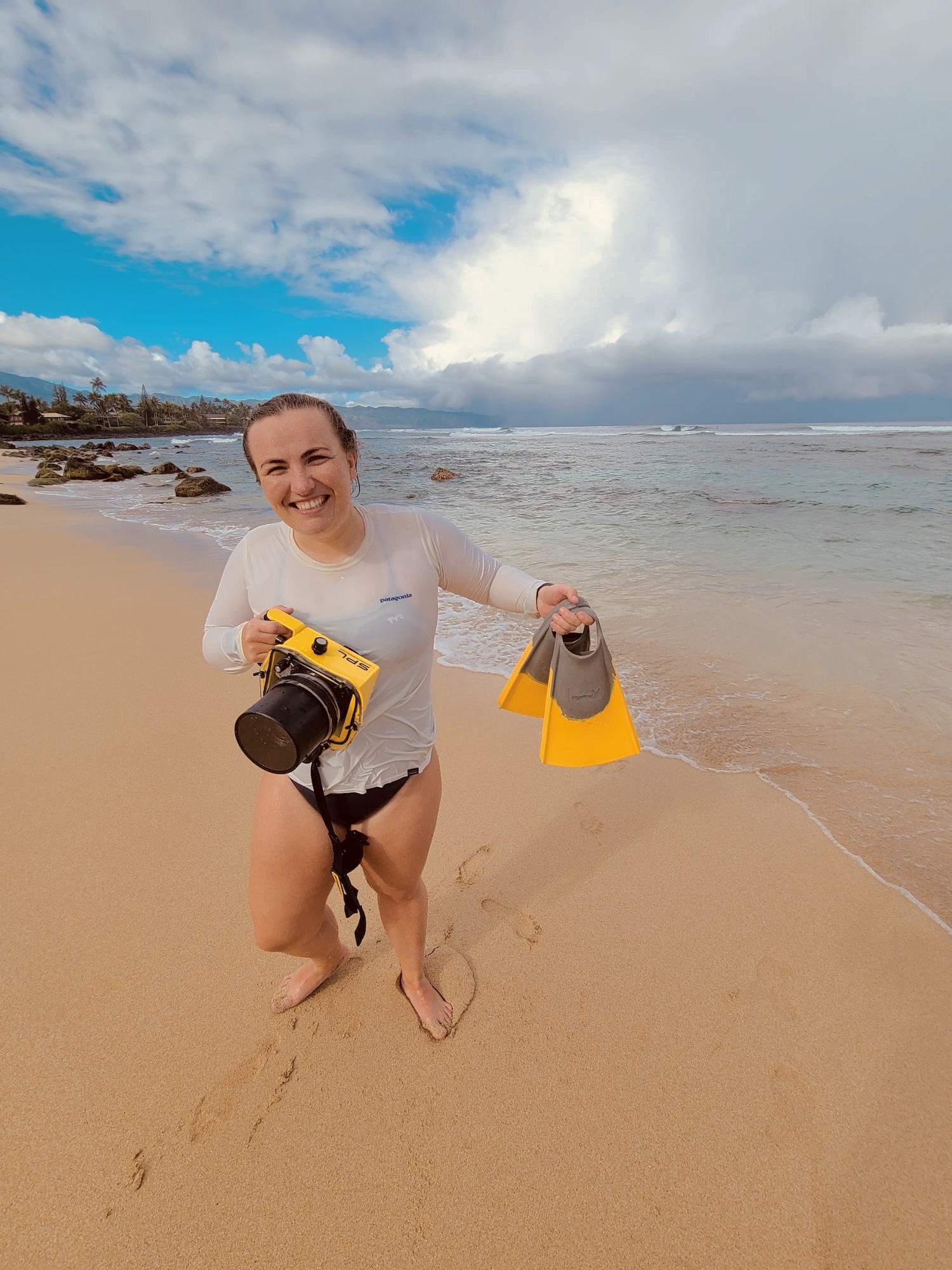
TGR: On the topic of creativity, I know you’re an athlete. Do you feel like being active affects your creative process?
Hannah: It totally affects it. I can't be that creative unless I get my fix. Being in the water is where I feel the most creative. I did a lot of open water swimming when I was in high school and as a lifeguard, so it’s my outlet. When I moved to Vancouver, I got more involved in the open water swimming and ice swimming communities. That's what my film Skin Swimmer is about: People swimming all year round with no wetsuit in glacial lakes.
TGR: Do you have any other big projects in the works?
Hannah: We're trying to make a film about the three Adaptive Surfing World Champions and their sports journey to being included in the Paralympics in 2028. We went to Hawaii in March of 2022 and had full access to Victoria Feigi, who's the Kneeling World Champion, and did a piece on her that we're using to pitch for funding.
TGR: When you went to the Rockaways for the Women’s Surf Film Festival, what was the vibe like compared to other surf towns or festivals you’ve attended?
Hannah: It was the most diverse place. You were with male and female surfers, black surfers, trans and non binary surfers…It was really unique and cool to be a part of. There were 300 people there each night in a small surf club. There are old barber shops and graffitied walls everywhere and wetsuits hanging over the fences at peoples houses. I made a vision board when I was 19 and put the Rockaway Surf Film Festival on it. I’ve wanted to be part of it ever since.
TGR: Did you create vision boards a lot when you were younger?
Hannah: I did. My mom was very into yoga and taught these emotional intelligence courses with this Shaman who lived with us when I was in high school.
TGR: Well it worked! Where do you get your ideas for your films?
Hannah: I've always thought in movies and documentaries. Whenever I heard a song when I was younger, I’d always imagine what kind of of documentary that song would go to. When I would edit, I would always find the music first and then put in all the footage. Music and being in the water has always helped me. I’ve gotten all my best ideas from either going on a trail run or surfing or having interesting conversations with unique people. It’s always frustrating after having those experience with those people and then turning to the surf industry and not seeing those types people I’ve chatted with and gotten inspiration from not represented.
TGR: How's your experience been in this industry? As a queer person, a woman and navigating a traditionally male dominated space in your career?
Hannah: It’s been wild. When I was living in Costa Rica, I ended up coming out as gay there and I realized there was really no one like me in surfing. When I’d pick up the Surfers Journal, there would only be one or two shots of a woman, mostly not surfing. I started thinking about it more and I slowly realized that there is no representation for women in surfing. That motivated me to where I am today.I realized that in my storytelling, I’d rather focus on people who need the spotlight.
Skin Swimmer was about someone who's in her fifties and an athlete, which is a seemingly rare thing. All these people exist in these sports, they're just not shown in a lot of major media, which results in making them feel like they don’t belong. Changing that perception is my goal for all my films.
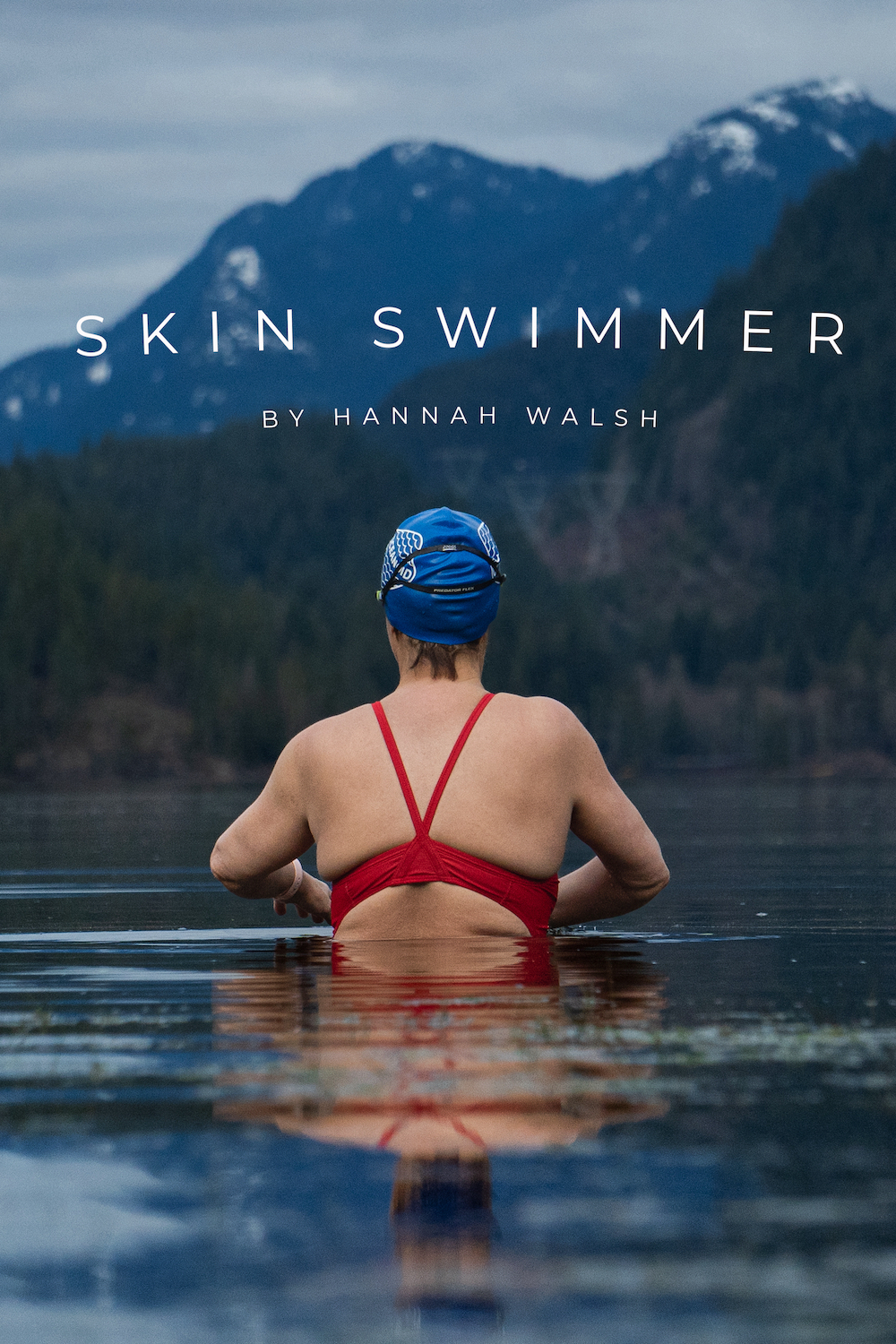
TGR: Projects like that really make a difference. When my friend Laura came out with their film “In Your Dreams,” which is a ski film about a bunch of women, I was watching it with my girlfriends and we were all so excited in a way that I hadn’t really felt before. We were all like, “Maybe we could do that.”
Hannah: That’s why the Women's Surf Film Festival is so unique because they value bridging the gap between action and storytelling and blending the two because they can coexist. When I was at the Surfalorus Film Festival, in front of me was a row of young girls sitting and watching these films where 90 percent of them were about white guys. They were great films, but they're always with the same people and have no representation.
I was looking at these girls thinking, they're learning so much right now about the surfing world: It's a man's world and women are on the sidelines. There’s so many badass women who are riding massive waves and getting barreled, and it’s like, why not put them in the film with this all guys crew?
TGR: How do you navigate that in this industry? I feel like working with female run companies like Carve Designs and Changing Tides is probably a completely different experience.
Hannah: It's such a mind-blowingly different experience. Working with Changing Tides and Carve, there’s so much craft that went into the stories and making the subjects feel comfortable. I've always sought out opportunities to work for companies like that. I was willing to do some free water photography work for some pro surfers who just didn't have a lot of representation. In women’s surfing, you all support each other and help one another to get more opportunities, even if they’re few and far between.
TGR: You say that you feel you have a place in the surf community now and filmmaking in tha niche. Are there any other stories or aspects of the outdoor industry that you want to explore?
Hannah: Water is what I'm passionate about, and there's a need to tell those stories. It seems better to uniquely position myself to be more niche. I really want to stay with narratives. I want to make a film about queer representation in surfing. I’d love to use the Rockaways as a place for that and focus on non-binary surfers. There’s another project I want to do talking about representation in the surfing industry through the lens of all these water women - surf photographers who are making change.
TGR: Is there anyone you would like to work with or look up to right now?
Hannah: Jordyn Romero is super talented and an awesome cinematographer. I think working with her and Devyn Bisson, who did the film about Paige Alms, would be great.
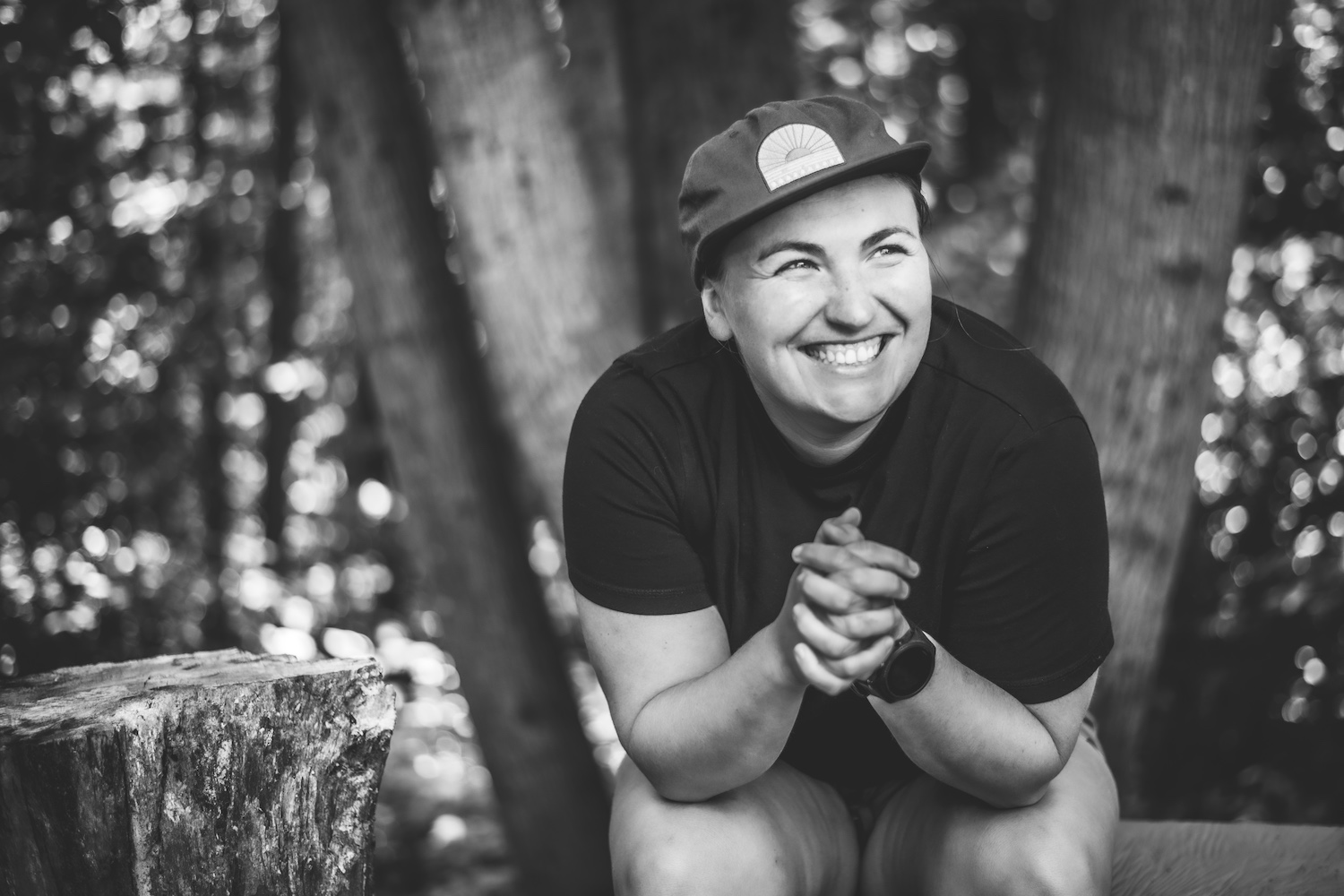
TGR: What are things you hope to see more of in the industry and yourself in your career?
Hannah: I’d like to see more access to opportunity for a wide range of people in the surfing industry. Opportunities in sports or on the film crew, sponsorships, equal prize money would be the baseline.
Beyond that, I’d love to see more respect, representation and opportunities for people who are queer and non-binary in the community. I remember when I was at Bodhi, I was like, there's no cool gay people that I can look up to in surfing that are really making it.
I don't want to facilitate change in a negative way. I want to do it in a way that beautifully represents these people and tells a crafted narrative that focuses more on the story rather than the action. Stories are a priority to me, secondary is bringing that into action sports. There’s always room to have a nice arc and purpose at the end. I’d love to teach all of that one day to students.
TGR: You’re doing that now, whether you know it or not. That is something beautiful that I've seen with a lot of women in this space. I learn so much every day just talking to new people and seeing how they see the world or interact with it. I would love to see more films that embody that.
You can learn more or get in contact with Hannah Walsh here.



__video_thumb.jpg)

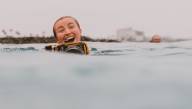
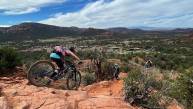
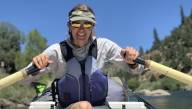

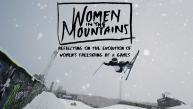
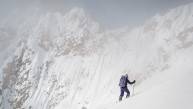
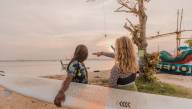
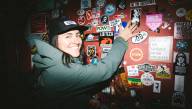
__video_thumb.jpg)
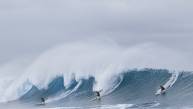
__video_thumb.jpeg)
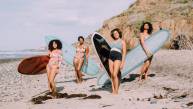
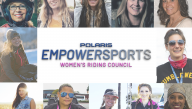

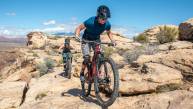
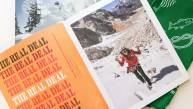
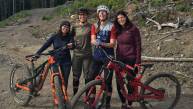
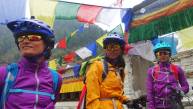
harringtongrimes6053737@gmail.com
June 20th, 2023
The camera can be used underwater. Too suitable for those who have dreams of this genre. She makes me feel energized about my future. Although my time is not much, her efforts in work and study have awakened me Tunnel Rush
. Great. She is too talented. I really admire her energy and talent.